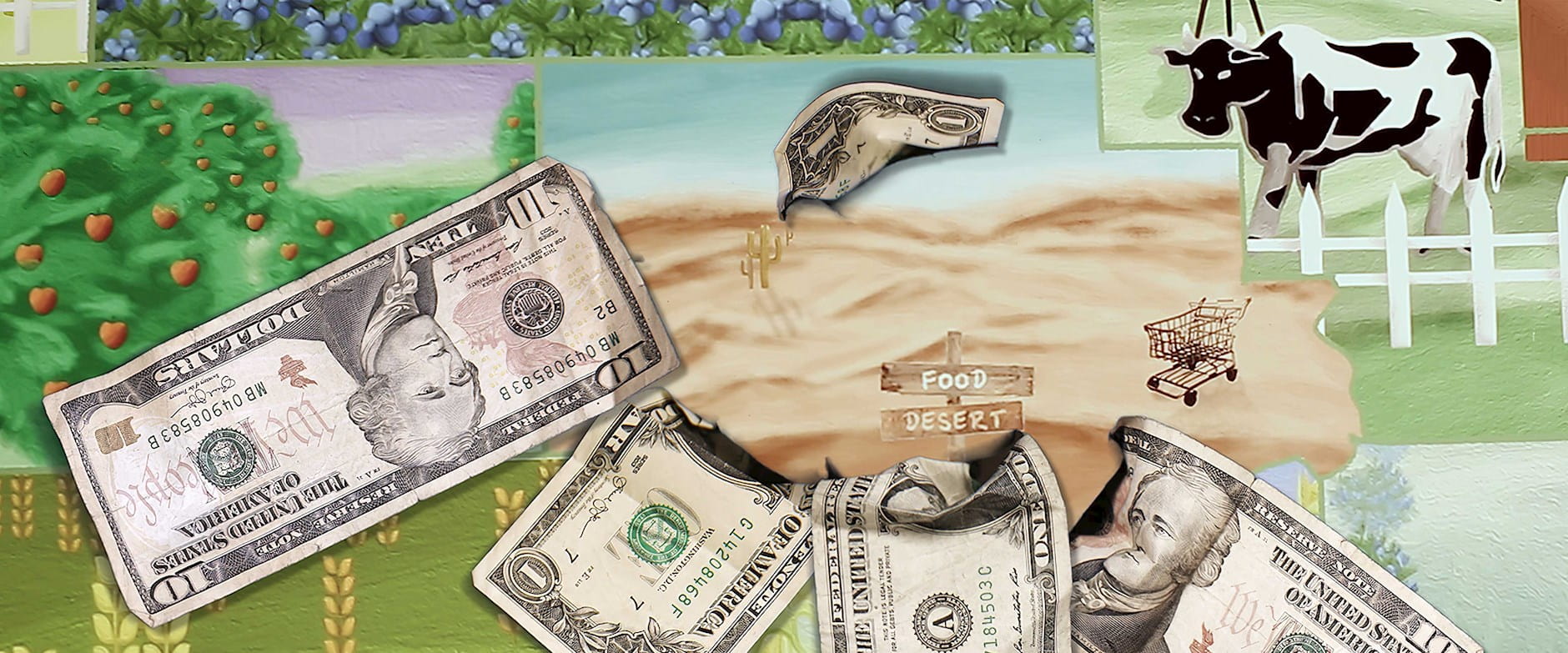The US government has spent perhaps a billion dollars trying to bring healthy food to “food deserts”—areas without access to large-format stores and the assortment of nutritious foods they carry. Addressing this shortage of supply, some policy makers reason, will close the nutrition gap between high-income and low-income households. However, Chicago Booth’s Jean-Pierre Dubé finds that the problem is far less an issue of supply than it is of demand: his research, drawing on the Nielsen datasets at the Kilts Center for Marketing, indicates that the nutrition gap is driven by personal preference, not availability. Dubé suggests that to close the gap, policy makers should start looking at the perhaps more difficult question of how to affect people’s choices in the supermarket aisle.
Your Privacy
We want to demonstrate our commitment to your privacy. Please review Chicago Booth's privacy notice, which provides information explaining how and why we collect particular information when you visit our website.
